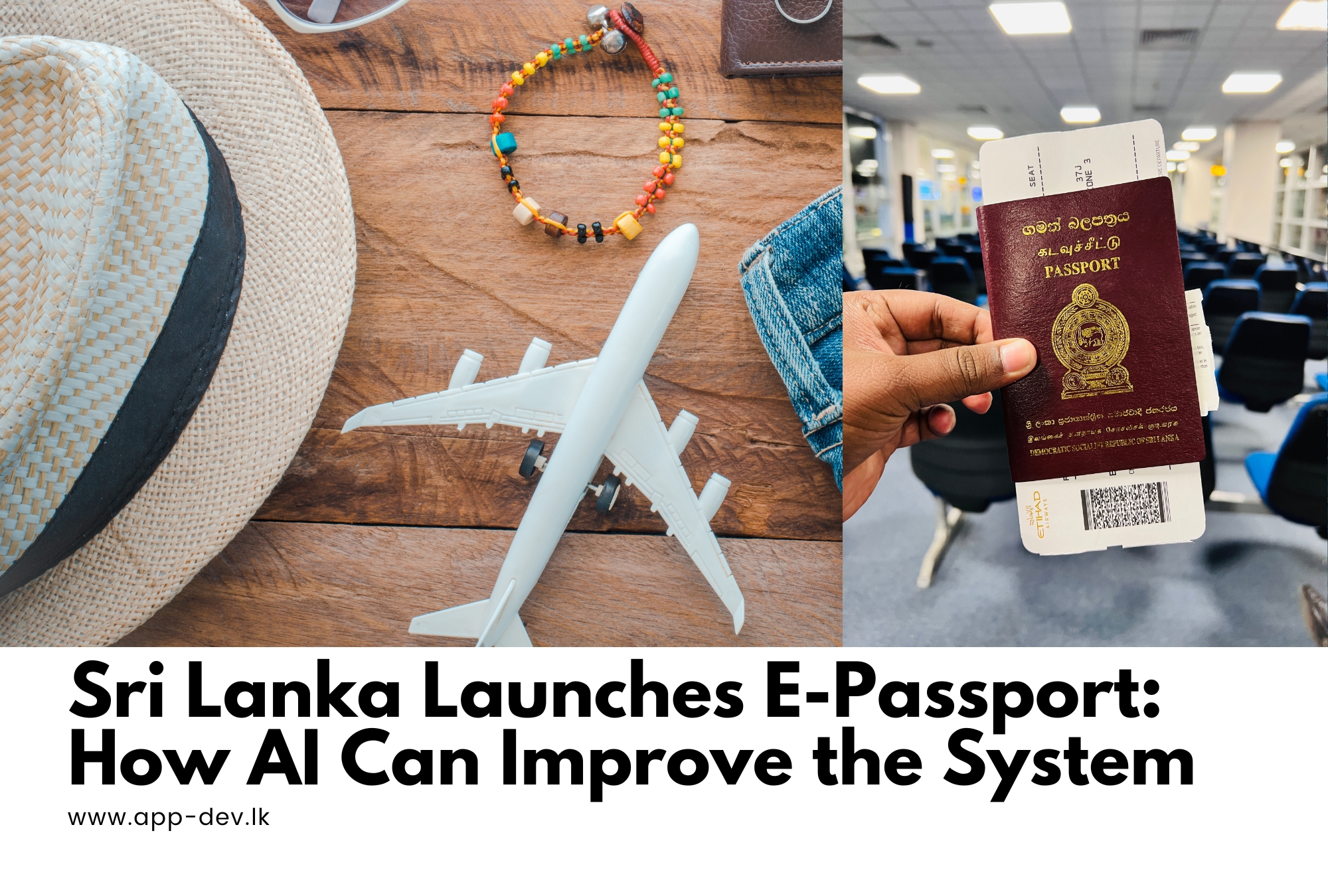Introducing Sri Lanka`s New E-Passport: Streamlined Application Process and Enhanced Security
Table of Contents
- Introduction to the New E-Passport
- Application Process Changes
- Pros and Cons of the New System
- Managing the New System in Sri Lanka
- How AI Can Improve the E-Passport System

Introduction to the New E-Passport
Sri Lanka is taking a significant step forward with the introduction of a new, efficient, and secure e-passport for its citizens. Announced by the Immigration and Emigration Department, this new e-passport will be effective from January 1, 2025. The initiative aims to enhance the security and efficiency of the passport application process, making it more convenient for Sri Lankans.
The Department's Additional Controller General highlighted that the new passport would be issued under a revised methodology, which is designed to simplify and expedite the application process. This change reflects the government's commitment to leveraging technology for better public services.
Application Process Changes
The new e-passport brings with it a revamped application process. Here’s what you need to know:
Prior Registration Requirement
From July 16, 2024, applicants must register online via the official Immigration and Emigration Department website. This online registration is mandatory and will start affecting applications from Friday, July 19, for those registered on July 16. The current application methodology will be in place only until July 18.
This change means that all applicants will need to pre-register before visiting the department, ensuring a more organized and efficient process.
Priority-Based Passport Issuance
After successful online registration, applicants will receive priority slots for obtaining their passports. This system will eliminate the possibility of obtaining a passport without a previously assigned date and time. This structured approach aims to reduce congestion and waiting times at the department.
Pros and Cons of the New System
As with any significant change, the new e-passport system has its advantages and challenges. Let’s explore these in detail.
Pros
- Increased Efficiency: The new system is expected to reduce the waiting time for applicants significantly, making the entire process smoother and faster.
- Enhanced Security: The e-passport comes with advanced security features that will better protect the identities of Sri Lankan citizens.
- Convenience: The online registration process simplifies the initial steps of passport application, making it more accessible for tech-savvy individuals.
Cons
- Accessibility Issues: Some applicants, particularly those in rural areas or without internet access, may find the online registration process challenging.
- Transition Period Challenges: During the initial phase, there might be confusion and delays as applicants and department staff adapt to the new system.
Managing the New System in Sri Lanka
To ensure the successful implementation of the new e-passport system, the Sri Lankan government needs to focus on several key areas:
- Public Awareness Campaigns: It is crucial to educate citizens about the new process through various media channels, including television, radio, and social media.
- Support Services: Providing assistance for those who find the online registration process difficult will be essential. This could include help centers or online tutorials.
- Monitoring and Feedback: Continuous monitoring of the system’s performance and gathering user feedback will help in making necessary adjustments and improvements.
How AI Can Improve the E-Passport System
Artificial Intelligence (AI) can play a pivotal role in enhancing the new e-passport system in several ways:
- Automated Assistance: AI-driven chatbots and virtual assistants can provide real-time help to applicants during the registration process, making it easier for them to navigate the new system.
- Fraud Detection: AI can analyze data patterns to detect and prevent fraudulent activities, ensuring the integrity of the passport issuance process.
- Process Optimization: AI algorithms can optimize appointment scheduling, reducing waiting times and improving overall efficiency.
By integrating AI into the e-passport system, Sri Lanka can ensure that the process remains efficient, secure, and user-friendly.
The launch of the new e-passport marks a significant milestone for Sri Lanka, promising a more streamlined and secure process for all citizens. With proper implementation and continuous improvements, this initiative will undoubtedly enhance the country's public services.

